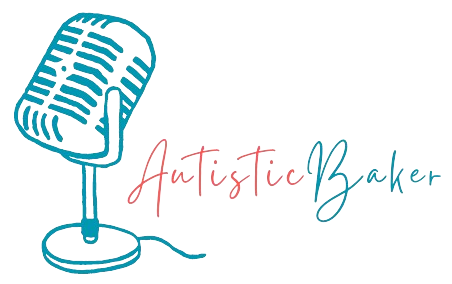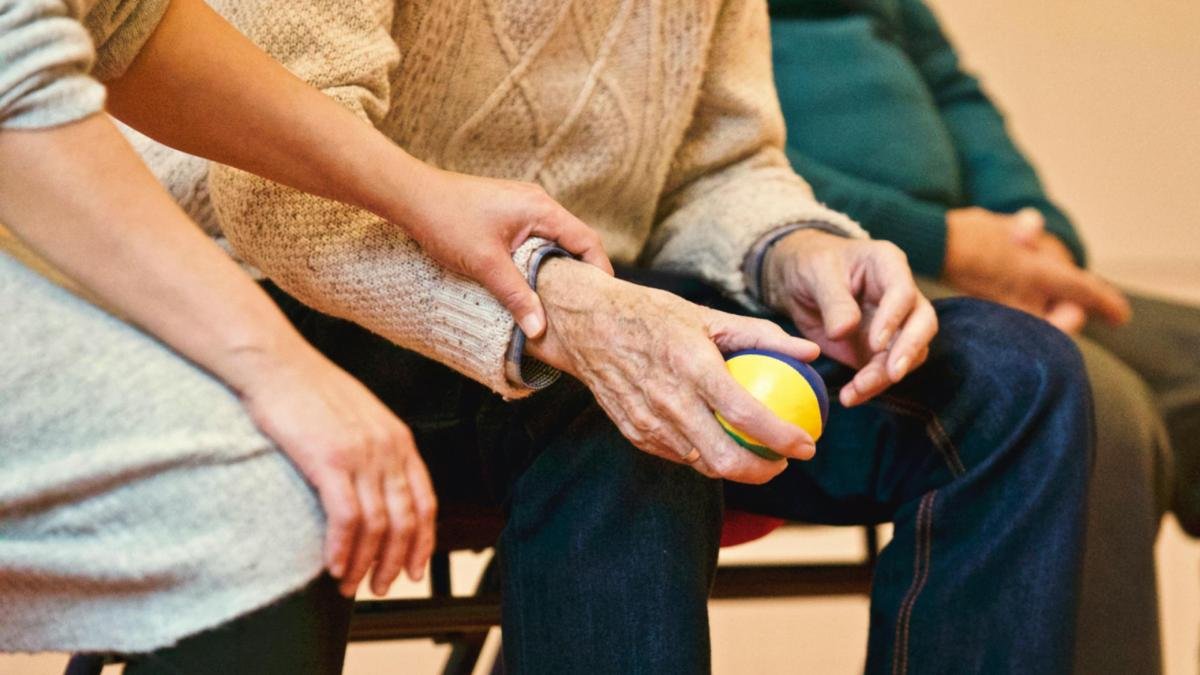It can be extremely upsetting to learn that a loved one is being abused in an assisted care facility. To protect their safety and well-being, immediate action is essential. The first steps in resolving the issue are recognizing the warning signs of abuse, gathering proof, and informing the appropriate authorities of the situation. Guidance on legal matters and psychological assistance are crucial in managing this difficult circumstance. You will discover how to confront, and end assisted living abuse in this article.
Identify the Indicators of Abuse:
It is critical to be aware of both physical and mental changes in order to see the warning signals of abuse in assisted living environments. Examine the body for signs of abuse or neglect, such as wounds, bruises, or bed sores that don’t seem to be healing. Keep an eye out for behavioral changes, such as abrupt retreat, elevated anxiety, or depressive symptoms, which may indicate maltreatment. Moreover, keep an eye out for any indications of neglect, such as poor personal cleanliness, weight loss, or untreated medical conditions. Early abuse detection and appropriate action can be facilitated by observing and recording these indicators.
Record the Proof:
Begin by documenting any physical indications, including the times, dates, and specifics of any injuries or substandard living circumstances seen. Take detailed pictures of any obvious wounds, dirty living quarters, or neglectful indications. Gather and save any pertinent papers, including written correspondence from the facility or medical reports. This comprehensive paperwork will aid in obtaining legal counsel and support any reports submitted to authorities.
Report the mistreatment:
Inform the assisted living facility’s management of your concerns and send them any supporting documentation. Should the facility’s reaction be inadequate, get in touch with adult protective services in your community or a comparable organization that handles inquiries into elder abuse. In order to start a criminal investigation, it could be required to file a report with the police in cases involving serious physical harm or neglect. Timely reporting can result in corrective action being taken and helps to protect the individual.
Seek Legal Counsel:
When it comes to dealing with abuse at an assisted care home, getting legal counsel is essential. Legal advice on rights and options can be obtained by speaking with a personal injury or elder law specialist. Locating an experienced injury attorney in Atlanta or another area can assist you with comprehending possible claims and navigating the legal system. Getting legal counsel will make it clearer how to file grievances, pursue damages, and defend the rights of a loved one. Having expert legal assistance guarantees that all required steps are taken to address the abuse and obtain just compensation properly.
Transfer Your Loved One to a Secure Space:
Examine substitute assisted living homes that have a higher safety and care record. Make sure the new building satisfies all the requirements and provides a courteous, encouraging atmosphere. If suitable, take into account facility-based care alternatives such as in-home care, which can offer a more individualized and regulated environment. By taking these precautions, you can help keep your loved one safe and make sure they get the support and care they require.
Offer Guidance and Emotional Support:
It’s critical to offer psychological and emotional support to a loved one who has been abused. Provide them with a listening ear and constant reassurance to aid in the processing of their emotions and trauma. Urge them to be honest about their experiences and to communicate their feelings. Professional therapy or counseling can be helpful in addressing psychological effects and promoting healing. Assisting them with their emotional health promotes healing and the return of stability and security in their lives.
Conclusion:
First, learn to recognize the warning signals and record any evidence you come across. If necessary, report the abuse to law enforcement, the facility, and the local authorities. Getting legal counsel can assist you navigate the procedure and defend the rights of your cherished one. It’s imperative for your loved one’s immediate well-being that you relocate them to a safer area. Counseling and emotional support will aid in their recovery from the ordeal. By doing these things, you may make sure that your loved one gets the respect and attention they need.




